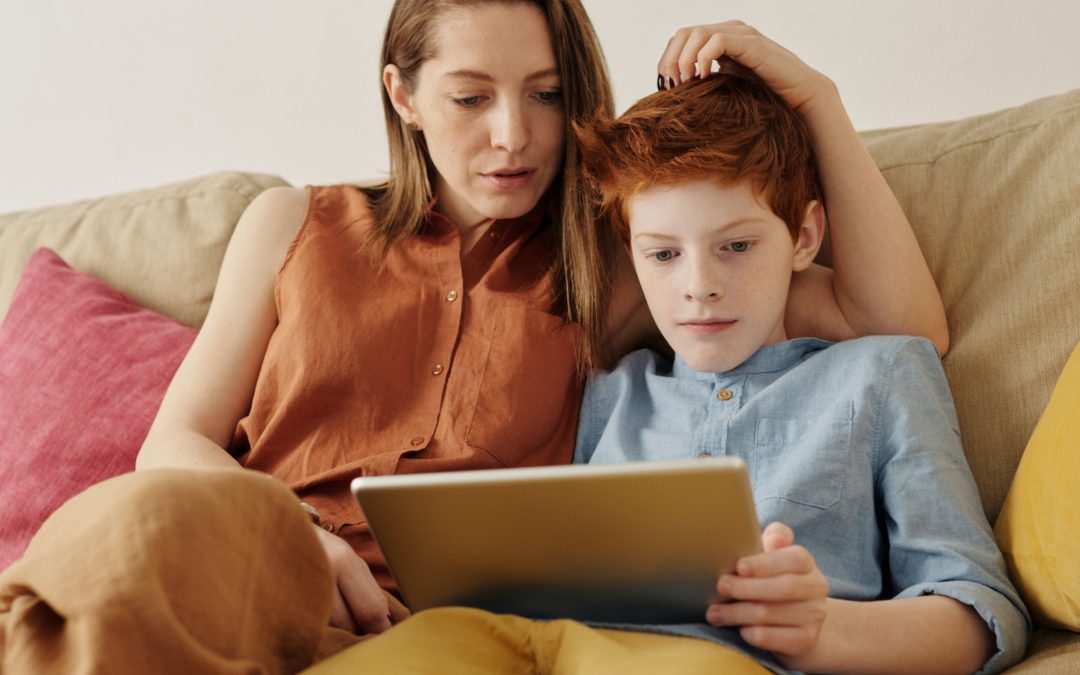I have trained hundreds of people in organisations to coach their reports and peers. Often when supervising candidates they share that they tried it out on their kids. To their surprise (but not mine!) they shared how well it went. Coaching is a powerful tool for all ages. It is interesting how parents may receive coaching themselves in business and their children receive it in their sport. However, there is little transference to parents using coaching with their children at home. Parents often are fearful about using it. They express concern that it might be seen as therapy and them doing some harm. Rather than simply therapeutic, or even just a different type of conversation. Some simply don’t know how to do it.
Here we look at the value of using coaching with kids and the key role and impact upon children’s thinking, emotions, behaviours and development.
What is coaching?
Let’s clear this up and look through the lens of the context of children. Coaching is not therapy or counselling, not at all. Simplistically, therapy and counselling focus upon the ‘inner’ aspects of children. Conscious and subconscious aspects of personal development and growth. There is a strong focus on the past and how it influences the present. Therapy and counselling are longer-term formal interventions.
Coaching kids very much looks at the present. Looking at how they move from one place to another and achieve something for themselves through clear steps. It encourages conversation around setting attainable goals and promoting language around problem solving and using their own experiences. It is a journey of personal exploration, thinking and understanding. Coaching is both a shorter-term activity as well as a language style used by parents.
Observe any parent child interaction and much revolves around the parent using telling, instructional or directional language. Stereotypically, ‘do this’ or ‘don’t do that’ scenarios. As well as classic ‘reward and punishment’ approaches. Whilst there is a place for this to reduce risk, it also reduces engagement and learning. Coaching is different. It is based around questioning and exploration to raise and develop awareness, growing understanding to inform thinking and choices.
Coaching and children
Parents are the ones best placed to develop their children. This role extends to supporting, identifying interests, passions, goals and developing creativity. Part of coaching is about goal setting. This is common in business but rarely considered in relation to children. Goal setting is not about putting pressure on children, instead about developing curiosity and self-reliance. Exploring what the future state of something could be. Helping them to consider what they want and how they might go about achieving that. This is relevant for both personal choices and school life.
As children progress through school there is more emphasis on achievement, choices and direction. However, many children are ill equipped to understand how to make decisions based upon healthier or logical thinking. Similarly, parents struggle in knowing how to help their children during this transition, and tensions develop. Coaching has a place in enabling children and parents alike to make more informed decisions.
Coaching and children’s development
As an activity, coaching supports many facets of children’s personal skills development and thinking:
- Exploring different ‘angles’ to situations aiding decision making.
- Collaborative thinking and behaviours.
- Personal resilience and well-being.
- Creativity and problem solving.
- Helping to develop empathy with others.
- Personal confidence and working towards things they want or need.
- Understanding their own emotions and feelings. Becoming less stressed.
- Develop awareness of the differences between emotions and experiences.
- Awareness and comfort in difference. Difference in people, cultures, and attributes.
- Helping them to be true to who they are and can be. Not what social media presents to them.
- Enabling them to change their own situations
Coaching isn’t a magic wand, suddenly transforming children. It is also a parental skill to be developed. It’s not the only ‘tool’, or the go to tool. It is simply a complimentary activity to other parental approaches. But when used, it is quite transformational.
Coaching and parents
Parents who coach combine both more intentional conversations with ad hoc every day coaching language. It’s not about parking your child down for an hour and having a formal coaching time. Ideally, it is making it a natural part of how you communicate and interact as a parent. For coaching to be successful it requires parents to be adept at basic coaching skills and techniques. its about making it an intent about how you approach your child.
Coaching children develops the relationship between parent and child. The whole transactional and emotional dynamic between parent and child shifts. More adult to adult (logical) conversations and behaviours occur. Responsive not reactional relationships.
Coaching transforms the nature of conversation between parents and their children.

Parents who apply coaching techniques also develop their own communication, relationship and behavioural abilities. All of which are transferable to the workplace.
Coaching like any skill requires practice and repetition. Parents will have embedded habits which need to be unlearned, replaced with new thinking and behavioural patterns.
In summary. Coaching is a powerful workplace approach and philosophy. It’s a valuable tool for parents to support and enhance their child personal skill development. It adds depth to children’s thinking and understanding , how they view things and solve problems. Additionally, it deepens the parent child conversation and relationship. Taking the relationship from parent direction to ‘us’.
In the next article we will look a more at how parents can begin to develop their coaching skills for use with their children. Skills, techniques and ideas that can be easily picked up and used.
If you have found this article interested please do ‘like’ this Abintus Facebook page. Or, join my LinkedIn page for access to other coaching and leadership articles and resources. If there is anything particular you would like to see written or explored on this area, drop me a line. If you are interested in developing your own coaching skills as a parent or for work, check out these virtual coaching courses which can be taken at your leisure.

